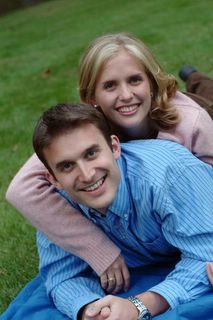our creation story
What if conservative Christianity decided to join together with liberal Christianity and read the first few chapters of Genesis like some of the earliest Church Fathers? What if all of Christianity decided that Genesis 1-2 was true but not literal? What if we all agreed together that God created the world and that Genesis gives us a beautiful, poetic picture of that? And what if we all stopped trying to cram a wooden, literal interpretation into something that was never meant to be taken that way in the first place?
Here is what might happen:
- science and reason would no longer be opponents of Christians, but allies.
- scientists would feel free to let science declare the glory of God's creation
- Christians would stop arguing about pointless things like having "creationism" in schools and would return to their first love, the gospel of Jesus Christ.
- Atheist would no longer have the argument against Christianity that creationism is impossible.
- Both Christian and non-Christian alike could stand in agreement that God may have indeed created through an evolutionary process
- Rather than secularism being lord of science, Christ would return as the King of all fields of study, which is His rightful place
- Agnostics who were seeking to understand God would feel free explore Christianity
- Christians on the right and left would stop bickering about how God created, and would celebrate His creation
- Conservatives wouldn't have to feel like they need to "defend scripture" as if scripture needed defending
- Liberals wouldn't have to feel like they had to deconstruct scripture but could trust in its beauty and authority
One day, I hope all of Christianity can read those first few chapters of the Old Testament as the early church Fathers read it. It is true. It is powerful. It is beautiful. It is authoritative for faith and practice. But it is not always literal.
For more reading on theistic evolution, read: "The Language of God" by Francis S. Collins.

